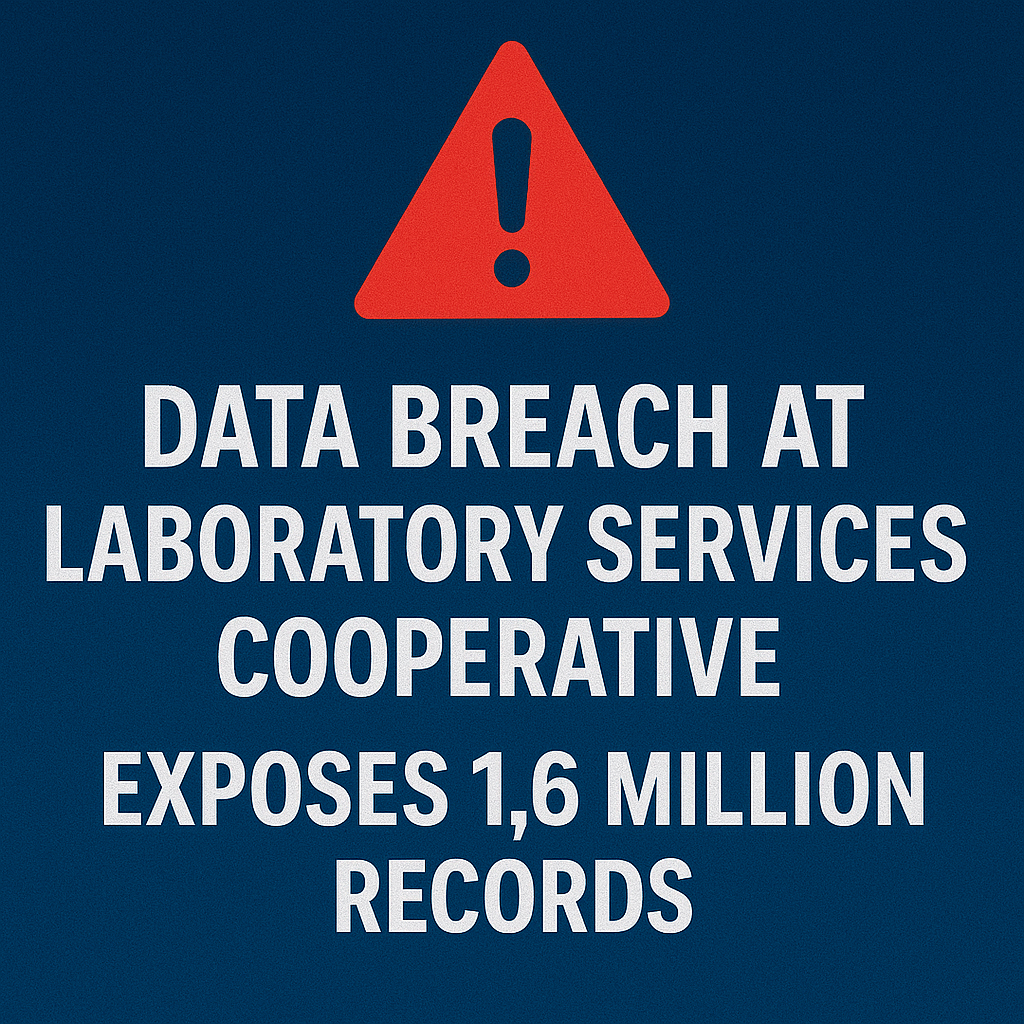In October 2024, the Laboratory Services Cooperative (LSC), a nonprofit organization based in Seattle that supports select Planned Parenthood health centers, reported a massive data breach impacting over 1.6 million individuals. The breach involved unauthorized access to the organization’s systems, allowing threat actors to exfiltrate a broad range of sensitive information, including names, Social Security numbers, medical details, and financial data.
🛑 Personal and Medical Information at Risk
According to the official disclosure, the compromised data includes diagnoses, lab results, treatment information, addresses, dates of birth, and in some cases, bank account and payment card details. These types of breaches are especially alarming due to the long-term risks associated with medical identity theft and the potential for financial fraud.
🛡️ Response and Mitigation Measures
LSC has initiated notifications to all impacted individuals and is offering 12 to 24 months of free credit monitoring and identity protection services. The organization has also brought in third-party cybersecurity experts to investigate the incident. While no evidence has been found suggesting the data is currently being misused or shared on the dark web, the method of attack and threat actor identity remain undisclosed.
⚠️ A Wake-Up Call for Healthcare Cybersecurity
This breach serves as a critical reminder of the importance of robust cybersecurity practices in the healthcare sector. With increasing digitalization of medical records, providers must invest in advanced threat detection, endpoint protection, and secure data storage to safeguard patients’ privacy. Organizations handling sensitive health data are prime targets for cybercriminals, making continuous security audits and employee awareness training essential.




